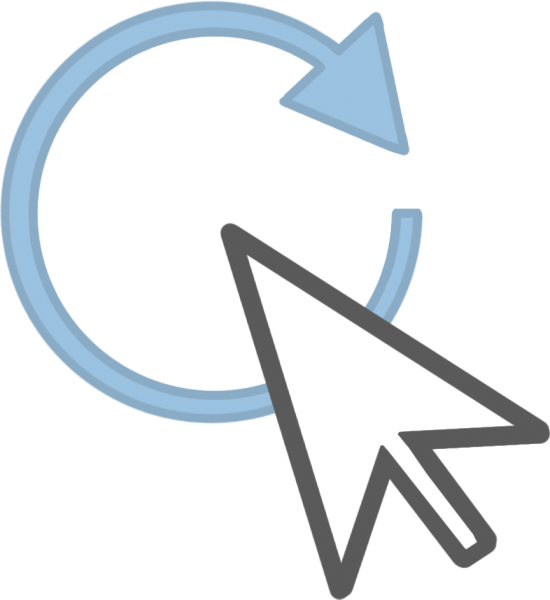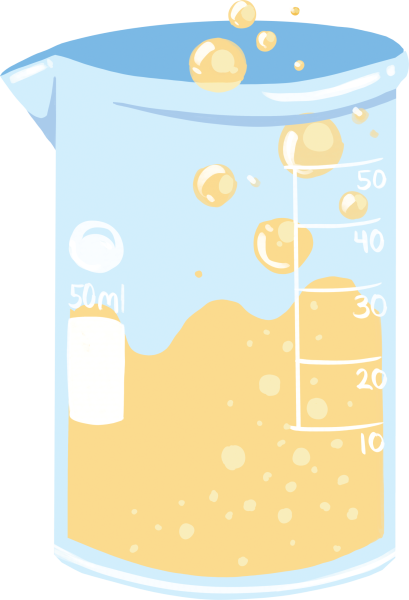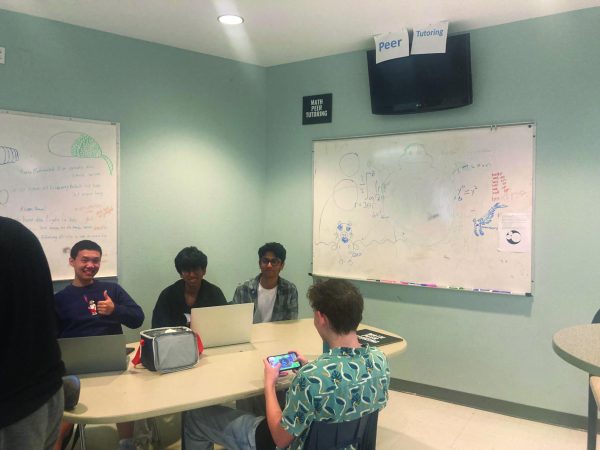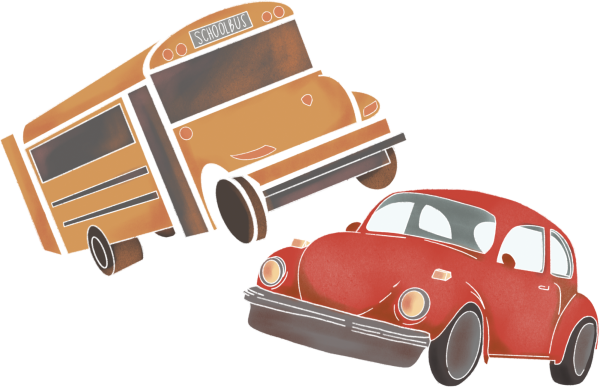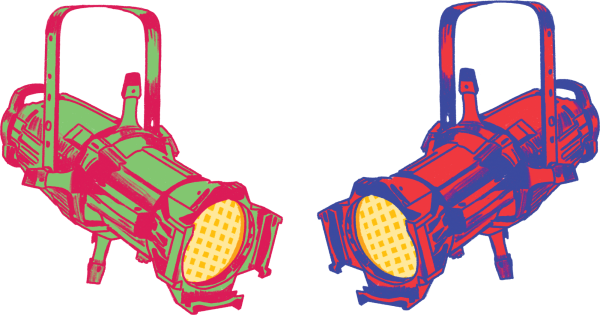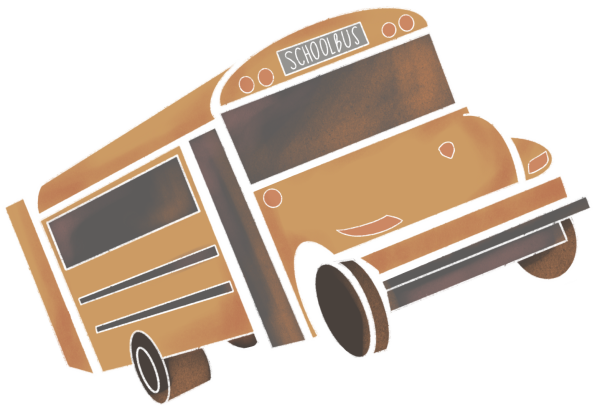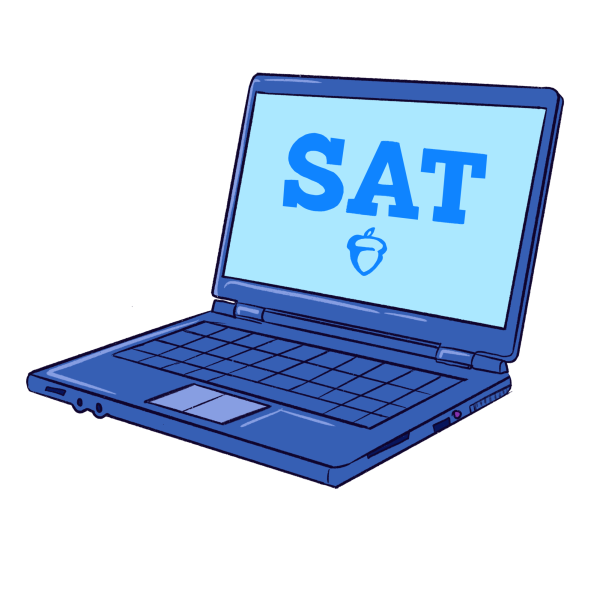Help, I Need Somebody!: Peer Tutors Advise Students
November 15, 2020
One of the first things that new LASA students will read in their syllabi are the days and times of teacher office hours. However, when teachers aren’t available or are overwhelmed by the amount of students who need help, they can turn to peer tutors for help. Peer tutors teach a number of subjects, from simply holding study groups to teaching complicated subjects.
Peer tutoring is a large part of LASA academic programs. In some areas, like the LOTE department, study groups run by advanced students can be informal affairs run by the language’s club. In other areas, it can be a bit more formal, like in the math and science department peer tutoring programs. In the science department, not only are there LASA student peer tutors, but also college-level tutors assigned to assist students in their classes.
Most LASA peer tutors have prior tutoring experience. Students like junior Pari Latawa started tutoring early in their academic careers.
“I started tutoring other students, like one-on-one sessions with other people in ninth grade,” Latawa said. “I actually worked with like a couple girls at Bowie, and I helped them through Geometry in ninth grade. And then last year, I picked up tutoring students at Kiker Elementary and Gorzycki Middle.”
The form that tutoring takes varies across the school and across subjects. Some people, including junior Mine Ulker, are in a simple study group with their friends.
“It’s mostly whoever is in our vicinity,” Ulker said, “It’s pretty much open to everybody.”
Many peer tutors that tutor in a specific subject, rather than in their own group, are very passionate about the subject matter. Junior Shivani Regan, for example, is passionate about math.
“It’s always been my favorite subject,” Regan said. “Math’s just always been my thing. I’d rather help my friends in math than do my own homework.”
However, passion isn’t the only thing that makes a peer tutor. Peer tutors also need to have lots of experience. In the math department, for example, peer tutors are required to have taken or be taking calculus before participating in its official tutoring program. Some, like Latawa, go above and beyond this standard.
“I’m actually currently in Linear Algebra, and I plan on taking Multivariable Calculus next year,” Latawa said.
While tutors are commonly passionate about their subject, that doesn’t mean that tutoring is easy. Difficulties with the technology necessary to tutor during the current global pandemic have made it even more difficult, according to Regan. Even without COVID-19, there would still be some challenges, according to Ulker.
“It’s finding a good time to actually do things [that’s difficult],” Ulker said, “Because I know LASA students, in general, don’t have a problem with participation.”
Despite these difficulties, tutors like Latawa get some benefits from helping out other students. Tutors can keep in touch with their old friends by creating a study group among themselves, or they can meet new people.
“I just find it interesting and fun because I was like, ‘You’re meeting new people,’” Latawa said. “I wouldn’t know these people at Bowie or Kiker without this. You’re learning about other people’s lives through tutoring.”


